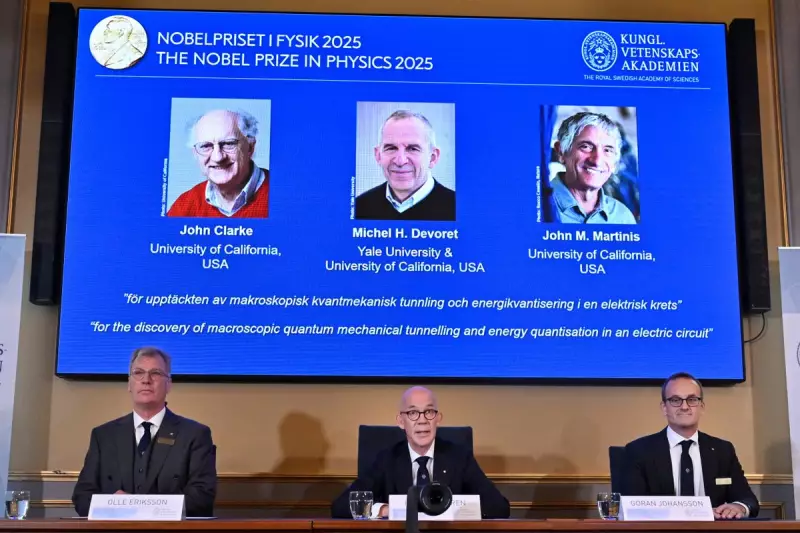
The remarkable story of Professor John Clarke, the University of Cambridge physicist whose pioneering work on quantum mechanical tunnelling transformed modern science, remains one of academia's most compelling narratives of recognition versus impact.
The Quantum Breakthrough That Changed Everything
While three German scientists celebrated their 2022 Nobel Prize in Physics for similar quantum research, Clarke's decades-long contributions to the field represented a cornerstone of modern quantum technology. His work fundamentally advanced our understanding of how particles behave at the subatomic level.
Quantum mechanical tunnelling, the phenomenon Clarke helped master, describes how particles can penetrate through barriers that classical physics deems impenetrable. This counterintuitive quantum behaviour has become the bedrock of numerous technological innovations we rely on today.
The SQUID Revolution
Clarke's most significant contribution came through his development and refinement of SQUID devices (Superconducting Quantum Interference Devices). These incredibly sensitive instruments can detect minuscule magnetic fields, finding applications across multiple scientific disciplines.
From medical brain scanners that map neural activity to geological equipment that probes Earth's subsurface, Clarke's quantum sensors opened new frontiers in measurement technology. His work demonstrated how abstract quantum principles could solve real-world problems with unprecedented precision.
A Legacy Beyond the Prize
Despite the Nobel oversight, Clarke's impact resonates throughout the scientific community. Colleagues and students remember him not just for his brilliant mind but for his generosity in mentoring the next generation of physicists.
"The true measure of scientific contribution isn't always in the awards received, but in the knowledge advanced and the minds inspired," noted one of his former research collaborators.
His research continues to influence emerging technologies, including quantum computing and advanced medical imaging systems, ensuring that his quantum legacy will endure for generations to come.





